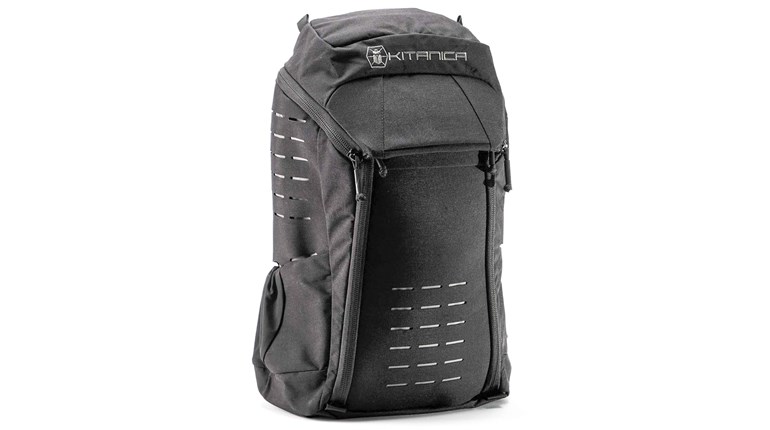
Attorney General Patrick Morrisey announced Wednesday, Aug. 5 that West Virginia has successfully re-established full concealed-carry handgun reciprocity with the state of Nevada, ensuring that citizens’ concealed handgun licenses issued by either state will be mutually recognized.
According to the announcement, the action brought the total number of states permitting West Virginia residents with valid concealed handgun licenses to legally carry a concealed handgun to 32, ranking it among the states with the greatest number of reciprocity agreements.
“As Attorney General, it has been a priority to protect the Second Amendment rights of West Virginians and those who visit here,” Attorney General Morrisey said.
Morrisey called the mutual recognition agreement another positive step for law-abiding firearms owners living in West Virginia and Nevada.
A statement issued by the AG’s office this week acknowledged the Director of the Nevada Department of Public Safety sent a letter on behalf of the Nevada Gov. Brian Sandoval to the West Virginia Attorney General providing the statutory notice required by W.Va. Code § 61-7-6a for West Virginia to recognize Nevada’s concealed handgun permits.
“West Virginia has a history of loyally defending the Second Amendment, and I am pleased that our state can once again enjoy mutual recognition of concealed handgun licenses with Nevada,” Morrisey said. “Many people from West Virginia enjoy traveling to Nevada for work and entertainment activities. This agreement will enable citizens of both states to continue to do so without questions concerning their right to carry a concealed firearm.”
West Virginia residents with a valid concealed handgun license (CHL) may legally carry a concealed handgun in states with full reciprocity agreements, as well as those states whose laws do not require a formal agreement and automatically recognize all valid out-of-state concealed handgun licenses.
Concealed carry reciprocity is subject to change, and for information on licenses and permits recognized by states other than a holder’s issuing state, please check with state issuing authority websites to gather the most up to date status of the law. It is also important to remember to check the status of the law in all those states an individual plans to travel, not just the final destination.





































